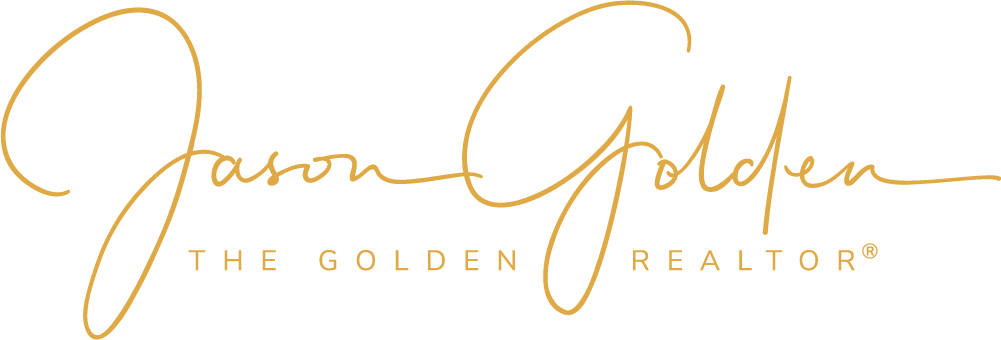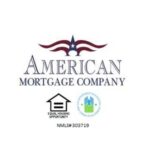ADJUSTABLE RATE MORTGAGE (ARM)
A loan that allows the lender to adjust the borrower’s interest rate and payments at specified times and within specified limits. Below-market starting interest rates are typical.
AMORTIZED LOAN
A loan which is paid off in equal installments during its term.
ANNUAL PERCENTAGE RATE (APR)
A calculated, gross loan cost disclosure — shows the borrower’s “effective” total cost of obtaining credit when all the upfront costs and the loan interest rate are considered together. APR is not the loan rate and does not affect the amount of the monthly payments. It is a calculated disclosure only, required under Federal lending laws.
INDEXES
The interest rates on variable loans readjust periodically based on changes in an index. Typical indexes include the Federal Funds Rate, Treasury Bill.
BALLOON MORTGAGE
A mortgage with installments of principal and interest that, at the end of the agreed loan term, have not fully repaid the loan. The remaining balance is usually paid in a lump sum at that time (a “balloon” payment).
CLOSING
Also called “Settlement” or “Close of Escrow” – The process of signing the final loan documents (note, mortgage, settlement statements, deed, etc.), recording of legal paperwork at the county courthouse, and disbursement of loan funds for benefit of the borrower. At closing, the settlement agent (often an attorney or title insurance company) collects funds from the buyer and/or the lender, pays the expenses of the transaction (appraisal fees, Realtor’s commission, document recording fees, etc.) and pays the seller for the net proceeds of the sale.
CLOSING COSTS
The costs involved in obtaining services necessary to process, approve and close a loan. These services can include attorney fees, title insurance, survey fees, recording fees, appraisal and credit report fees and termite inspections. They are usually required for anyone purchasing or financing a home, regardless of the loan type, amount or lender. Depending on the type of loan and details of the property, other services may also be required. These services are usually obtained from independent providers who are not affiliated with your lender.
CONVENTIONAL LOAN
A loan that is offered by the private business sector, as opposed to those insured or guaranteed by the US Government (FHA or VA loans, for example). A conventional mortgage loan may or may not require Private Mortgage Insurance, depending on the size of the loan relative to the value of the property. Conventional loans are generally underwritten based on the qualifying guidelines set by the Federal National Mortgage Association (FNMA, or Fannie Mae) or the Federal Home Loan Mortgage Corporation (FHLMC, or Freddie Mac), both of which are private corporations supervised by, but not a part of, the Federal Government.
DOWN PAYMENT
The difference between the loan amount and the sales price of the home you are purchasing. The down payment is paid in cash by the buyer at closing, and is often expressed as a percentage of the sales price (a 5% down payment on a $150,000 home would be $7,500).
FHA LOAN
A loan that is insured by the Federal Housing Administration, a division of the US Department of Housing and Urban Development (HUD). This type of loan is available to the general public, and is often popular with first-time buyers because of the small down-payment requirement and generous qualifying guidelines. FHA charges the buyer a mortgage insurance premium (MIP) for this loan insurance.
FIXED-RATE MORTGAGE
A loan where the interest rate is not subject to change for the entire term of the loan.
HOME EQUITY LOAN
A loan which uses the borrower’s residence as collateral and allows a line of credit against which funds can be drawn, up to a pre-arranged amount.
INTEREST RATE
The regular and recurring fee charged by the lender as “rent” on the money borrowed. Interest is usually expressed as a percentage of the loan balance, calculated on an annual basis, and is often tax-deductible.
LOAN-TO-VALUE RATIO(LTV)
The ratio of the loan amount to the value or selling price of the property. LTV ratios over 80% often require loan insurance, and sometimes also involve higher interest rates.
MORTGAGE INSURANCE PREMIUM (MIP)
The insurance premiums paid on an FHA mortgage loan. Similar to PMI paid on a conventional loan.
ORIGINATION FEE(MIP)
A one-time fee sometimes charged by a lender to cover the overhead costs of issuing a loan commitment. This fee is usually part of the normal closing costs incurred for most types of mortgage loans, but may be waived by the lender depending on the type of loan and the interest rate charged.
POINT(S)
Also called “Discount Point(s)” – A prepaid finance charge, usually optional, sometimes paid by the borrower in order to lower the interest rate on the loan. Points affect your total cost of borrowing, and are often considered deductible interest for tax purposes. One point equals one percent of the loan amount.
PRIVATE MORTGAGE INSURANCE (PMI)
Required on conventional loans representing 80% or more of the value of the property. PMI insures the lender against financial loss in the event of a default in the repayment of the loan.
UNDERWRITING
Required on conventional loans representing 80% or more of the value of the property. PMI insures the lender against financial loss in the event of a default in the repayment of the loan.
VA LOAN
A loan that is guaranteed by the Department of Veteran’s Affairs. This type of loan is available only to eligible veterans, and usually requires no down payment
1002 Raintree Circle Suite 100 • Allen, Texas 75013 • American Mortgage Company©. Company NMLS# 303719. All Rights Reserved.
“Figure: 7TAC §80.200(b)” “Consumers wishing to file a complaint against a company or a residential mortgage loan originator should complete and send a complaint form to the Texas Department of Savings and Mortgage Lending, 2601 North Lamar, Suite 201, Austin, Texas, 78705. Complaint forms and instructions may be obtained from the Department’s website at WWW. SML.TEXAS.GOV. A toll-free consumer hotline is available at 1-877-276-5550. The Department maintains a recovery fund to make payments of certain actual out of pocket damages sustained by borrowers caused by acts of licensed residential mortgage loan originators. A written application for reimbursement from the recovery fund must be filed with and investigated by the Department prior to the payment of the claim. For more information about the Recovery Fund, please consult the Department’s website at WWW. SML.TEXAS.GOV.”


